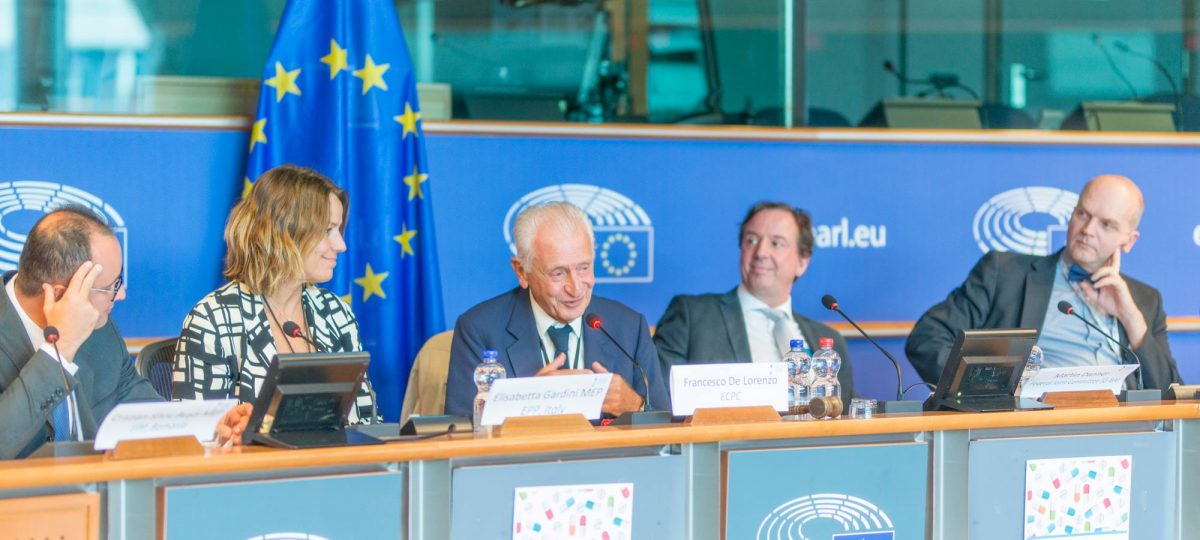Why it matters
Innovative diagnostics, drugs and therapies offer the potential to improve the lives of millions of people living with cancer, yet significant differences in time-to-access across the EU remain. While Health Technology Assessments (HTA) are increasingly being performed by Member States, the variety of methodologies results in differences in how data and evidence are assessed. Typically, an HTA measures the added value of a new medicine in comparison with the best existing treatment. An HTA is important to cancer patients because it allows governments to adopt cancer care that is more effective and of the highest quality, while also considering its effects on quality of life and its cost to patients and health systems.
Whilst cooperation at EU level on HTAs has been ongoing for years on a voluntary basis, a new regulation on future EU cooperation on HTAs presents an opportunity to address the fragmentation of HTA systems and reduce disparities in access to innovative treatments and diagnostics across Europe. Mandatory cooperation and uptake of Joint Clinical Assessment (JCA) reports is the best approach for successful cooperation in this field, in order to provide equal and timely access to valuable cancer therapies.
“This regulation is a big success for cancer patients, as it will overcome disparities, reduce barriers to accessing innovative treatment, recognise the true value of new therapies, and improve the sustainability of healthcare systems.”
Former ECPC President 2013–2019What ECPC adds
ECPC is proud to have created momentum for EU cooperation on HTAs during the process of amending a relevant regulation in 2016. Building on the ECPC’s Europe of Disparities White Paper and in partnership with MEPs, ECPC called for further integration of HTA systems in Europe, following over 20 years of EU voluntary cooperation in the area. ECPC participates in the EUnetHTA, HTAi and HTA network as a stakeholder and has brought the patient’s perspective on HTAs to the European institutions through bilateral meetings. ECPC has engaged with the European Parliament to make amendments, developed together with the ECPC Legal Network for Cancer Patients, to increase the role of patients in the EU HTA cooperation framework and to strengthen the mandatory aspects of cooperation.
In 2018, ECPC organised a successful multi-stakeholder policy debate in the European Parliament to drive the discussion forward ahead of the plenary vote. The event reached an agreement on the need for constructive, evidence-based dialogue and patient-centeredness in the legislative process and ensuring timely progress of the regulation. The increased cooperation can reduce inequalities in access to innovative cancer treatments, as an HTA is an important tool for supporting healthcare payers’ decision-making, clarifying when benefits from new products are significant and offer the most value to patients and healthcare systems, and when to exclude products with insignificant benefits. As the legislative discussion is continuing with the Member States, ECPC has launched the HTA e-Learning module for capacity-building of patient organisations at national level to engage in the HTA cooperation policy debate and empower them to participate in HTA decision-making with national and regional HTA authorities.

